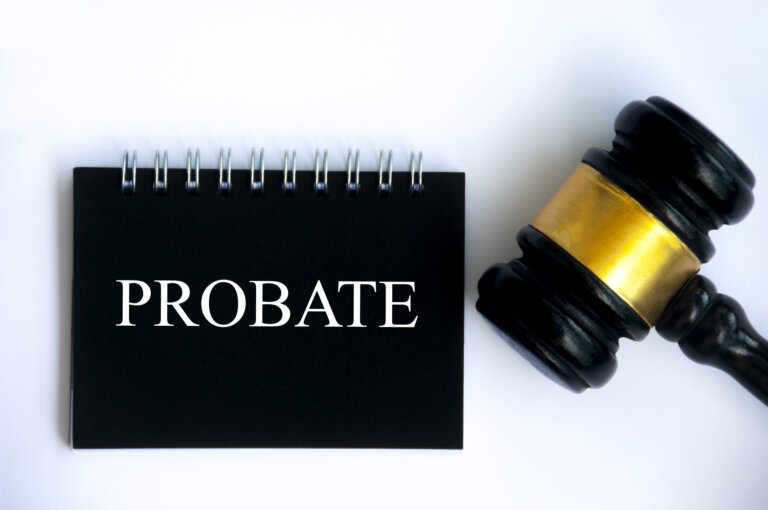Understanding the Role of Executors in Texas Probate
Executors play a crucial role in the probate process, serving as the individual responsible for managing the estate of the deceased. Their duties include gathering assets, paying debts, and distributing the remaining assets to beneficiaries according to the will. Understanding this role is vital for anyone involved in the probate process, as it can significantly impact the efficiency and outcome of estate administration.
In Texas, the executor must adhere to specific legal requirements, such as filing the will with the probate court and providing notice to beneficiaries and creditors. Executors are also expected to keep accurate records and may be required to provide accounting to the court. This responsibility underscores the importance of selecting a trustworthy and capable individual to serve as executor, as the role encompasses both legal and fiduciary duties.
Common Challenges Faced During Texas Probate
The probate process in Texas can present several challenges, particularly for first-time executors or beneficiaries unfamiliar with legal proceedings. Common issues include disputes among heirs, delays in asset distribution, and difficulties in locating all estate assets. Understanding these potential pitfalls can help individuals prepare and navigate the probate process more effectively.
For instance, disagreements among family members regarding the interpretation of the will can lead to costly litigation. Additionally, the time required to settle debts and taxes can prolong the probate timeline, causing frustration for beneficiaries awaiting their inheritance. Being aware of these challenges allows executors and beneficiaries to seek legal guidance early and mitigate issues before they escalate.
How to Avoid Probate in Texas: Alternatives to Consider
Many individuals seek ways to avoid probate altogether, as the process can be time-consuming and costly. In Texas, there are several alternatives available that can help streamline the transfer of assets upon death, ensuring that beneficiaries receive their inheritance more quickly and with less legal oversight.
One popular method is establishing a living trust, which allows assets to be transferred directly to beneficiaries without going through probate. Other strategies include joint ownership of property and the use of payable-on-death accounts. Understanding these alternatives can empower individuals to make informed decisions about their estate planning, ultimately saving time and resources for their loved ones.
Key Documents Required for Texas Probate
Initiating probate in Texas requires specific documents to ensure the process is carried out correctly. Understanding which documents are necessary can significantly ease the transition into probate and help avoid delays. The primary document needed is the deceased's will, which must be filed with the probate court to commence proceedings.
In addition to the will, other essential documents may include a death certificate, an application for probate, and any necessary affidavits or notices. Executors should also prepare an inventory of estate assets and debts, which will be crucial for the court's review. Ensuring all required documents are in order can facilitate a smoother probate process, ultimately benefiting the estate and its beneficiaries.









